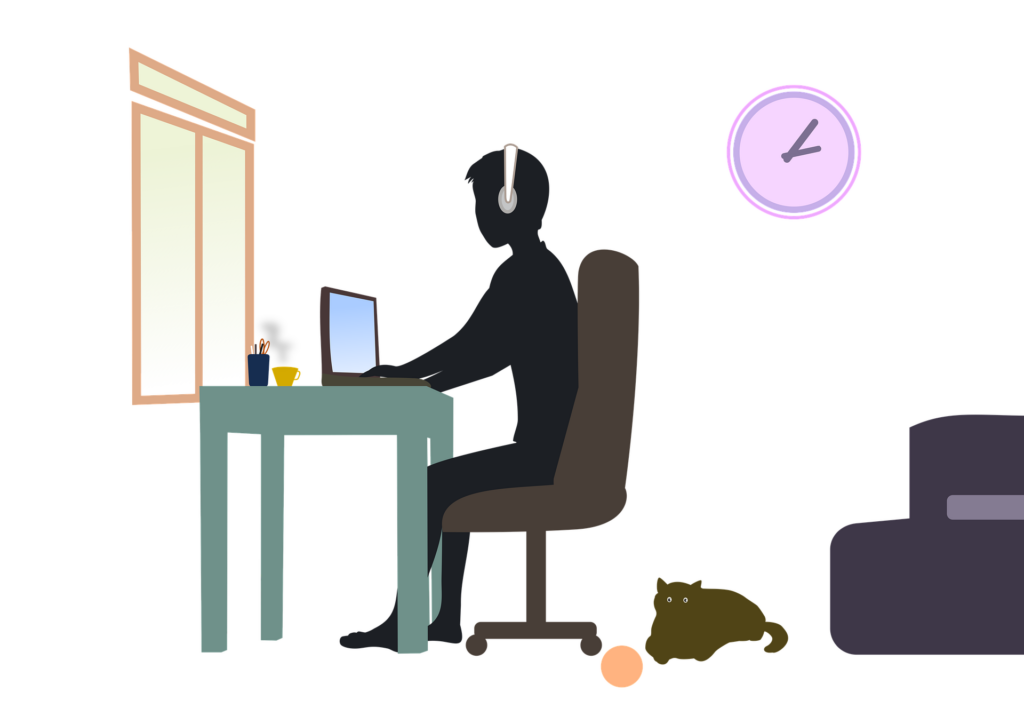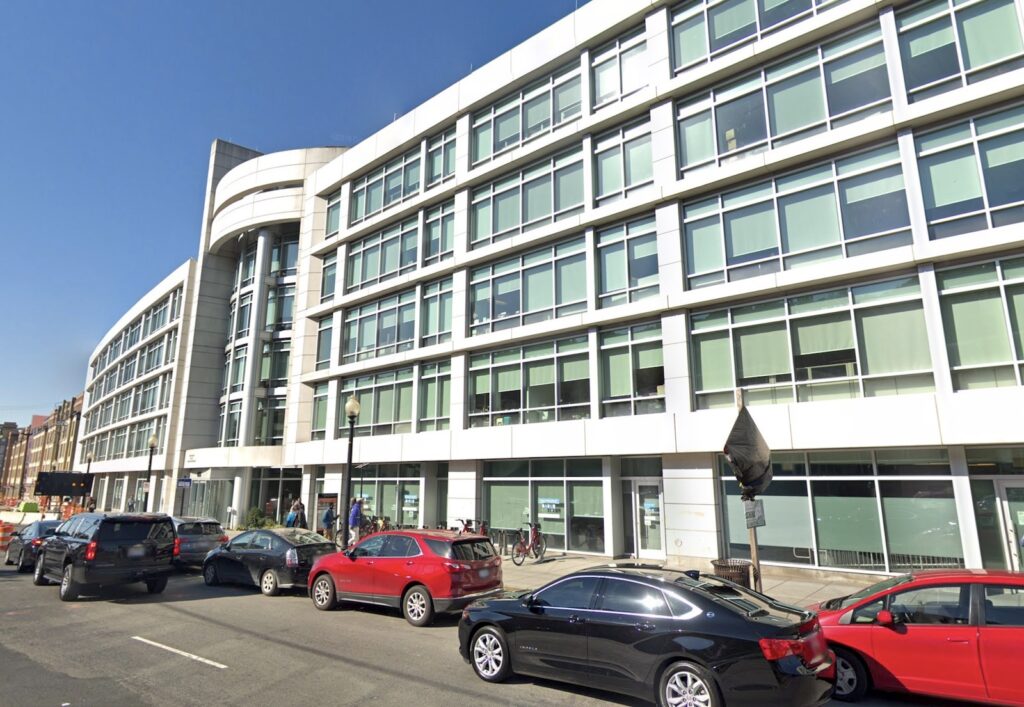The presses are rolling again and for the first time since March 25, Street Sense is available in print. Our vendor corps of 130 men and women is coming back to work. Like so many others around the globe, they have been unemployed since we imposed an immediate cessation of person-to-person newspaper distribution on March 26. That’s when we temporarily switched to digital-only for the first time in 17 years in response to the public health threat of the coronavirus.
Our decision to restart the presses and put vendors back to work is but one piece of the puzzle. Our decision does not bring customers back downtown.
Except for those warriors for racial justice who are lifting their voices in our streets, downtown remains mostly empty. Much has been said about the personal sacrifices that citizens have made to protect public health. And much criticism has been leveled at those who have not complied with state and local stay-at-home orders. Deemed essential workers by Washington’s mayor and the governors of Virginia and Maryland, most Street Sense employees have been able to skirt the ethical and moral boundaries of social distancing.
That bias stated, I want to raise the possibility that we all have a responsibility to return to the normalcy of pre-pandemic business as soon as possible. I am opposed to the “we’re never going back to what was” mentality. Otherwise, the vibrant landscape and critical interconnectedness of our metropolis may be permanently lost.
In Washington, D.C., and across the country, companies of all sizes are rethinking their in-office versus remote work strategies – not just for the duration of the pandemic, but permanently. We’re hearing reports about increases in remote-worker productivity. CEOs are wondering aloud about the benefits of reducing rent costs. I am not questioning the wisdom of the crisis decision-making that was necessary to slow the spread of the virus. I am, however, suggesting that it’s too soon to make permanent alterations to the way companies conduct their business.
There’s been no serious consideration given to the short- and long-term negative consequences of disbursed employees.
I am concerned about what a sudden and massive shift to remote work will do to our economy and the fabric of our community. Street Sense Media’s newspaper vendors’ economic viability relies on companies bringing their employees back to their downtown offices. But make no mistake, our vendors are far from the only people who depend on the downtown concentration of the local workforce.
Multiple industries have arisen and expanded in support of the way we do business in the District. To name a few: coffee shops, restaurants, and food trucks that cater to the long hours that so many Washingtonians log downtown; and hotels that cater to business travelers. A move to a remote, videoconferencing mode of business-life disrupts most of these industries and cripples the household incomes of tens of thousands of hard-working employees.
Seventy-one thousand people work in D.C.’s hotel and restaurant industry – 9% of the total workforce. Limited food service establishments alone, such as coffee shops, employ over 15,000 people. White collar Washington has demanded and received on-demand access to high-end coffee breaks and late night dinners. These jobs support low income families, students struggling to pay for higher education, and thousands of households that rely on second and third incomes to make ends meet.
My concerns go beyond economics. I believe strongly in the efficacy of collaboration. The power of universities to drive innovation and life-changing research is a direct result of bringing highly trained and disciplined thinkers together under the same roof. Many of the great achievements of the last three centuries – the birth of democracy, ending slavery, suffrage, the civil and women’s rights movements, putting humans on the moon – were collaborations where passions and ideas were wrestled with collectively in ways that I fear will be lost on a world of videoconferencing.
Lastly, our urban core downtowns are the last mixing bowls – where cultures and classes exist side by side and inequities remain visible to those with the power and resources to make change. Even before the onset of this pandemic, humankind was trending toward greater isolation. And isolation breeds “otherness.”
We’re one small example, but for 17 years, Street Sense Media has created conversations between Black folks and white folks, housed people and unhoused people, CEOs and unemployed ex-cons. We’ve created a common ground on which we can build a better community. We have done that because of the diversity that exists on the sidewalks of downtown.
We are in the midst of a public health crisis the likes of which none of us has ever seen beyond. Let’s continue to make decisions that will protect health in the short run. Let’s not make decisions that might alter the landscape of our economy and social compact for generations. There may be a need to transition to something new, but not without more thoughtfulness than can be mustered over a videocall during a worldwide crisis.
Brian Carome is the chief executive officer of Street Sense Media.








